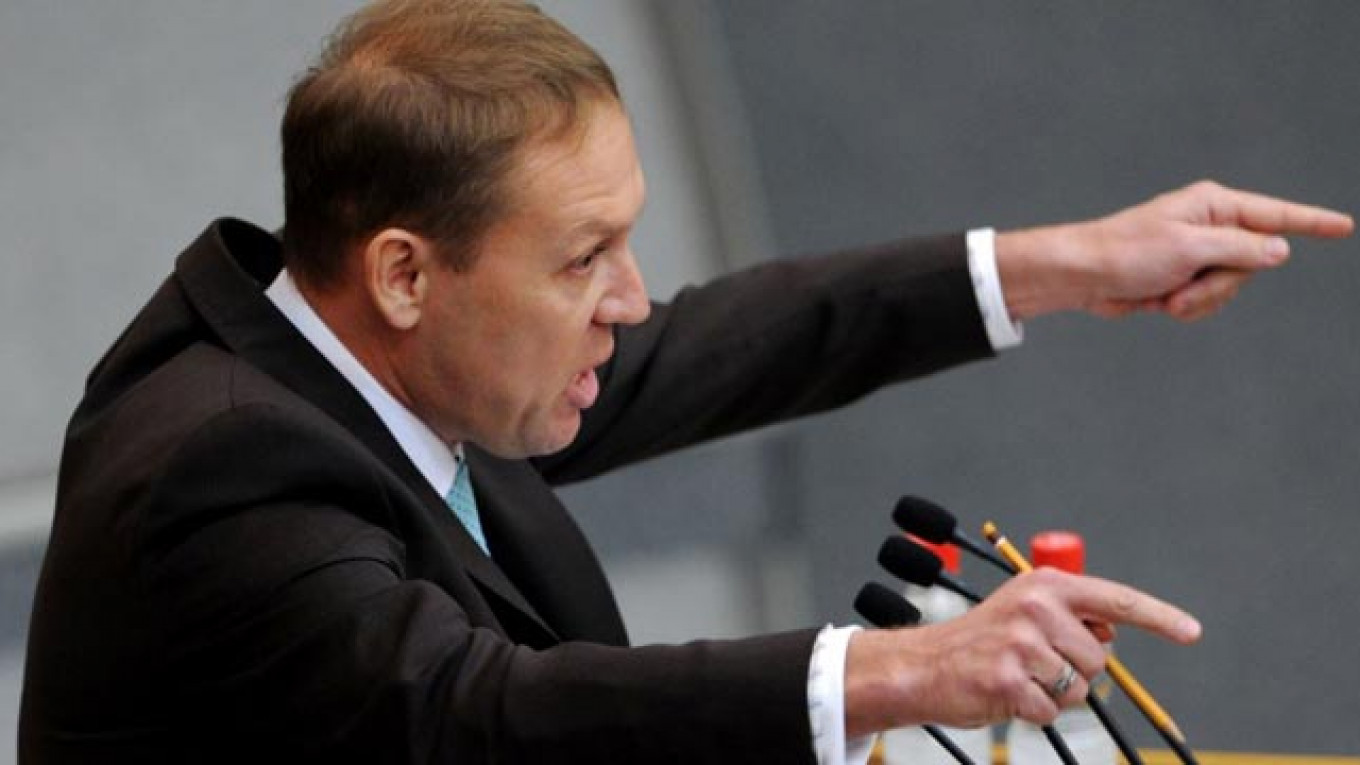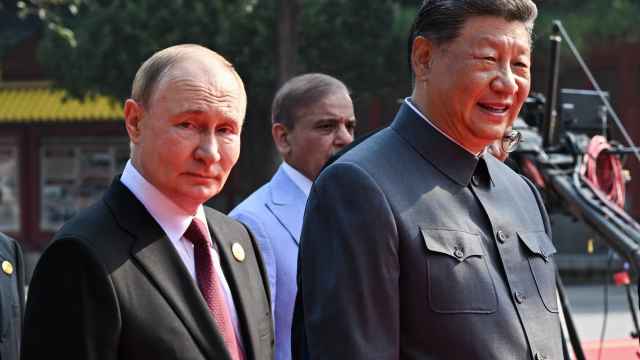Выступать: to come out, literally and figuratively.
Выступать/выступить is a verb pair that translators like to kvetch about. The basic meaning is to come out in some way, either literally or figuratively. All in all, these are not the hardest words to translate. The only problem is that sometimes your brain seizes up, and you find yourself writing the worst sort of translationese imaginable.
First of all, выступать can be used to describe something that juts out, like body parts. У меня некрасиво выступает живот (My belly is sticking out unattractively). У сына верхняя челюсть намного выступает над нижней (My son has a pronounced overbite, literally, "his upper jaw juts out far over his lower jaw").
Выступать is also used to describe liquids, human and nonhuman, that come out from wherever they usually hide. Пот выступил на лбу (Sweat stood out on his forehead). Слёзы выступили у меня на глазах (My eyes filled with tears). Вода выступает из берегов озера (Water is overflowing the banks of the lake).
And it is also used to describe things that appear, break out or become visible. Из тумана вдруг выступил громадный корабль (An enormous ship emerged out of the fog). Выступила плесень на потолке (Mold has grown on my ceiling). Сыпь выступила на руке (A rash has broken out on my hand).
But when you combine выступать with people, things get interesting. Sometimes выступать means that people go out together: Войска выступили раним утром (The troops marched out early in the morning). Or that one person breaks away from the crowd: Он выступил вперёд и сказал: Я пойду. (He stepped forward and said, "I'll go").
Or выступать can mean a performance of some kind: На фестивале его группа выступила последней (His group performed last at the festival). The performance might be academic or professional instead of creative: Он выступил на конференции (He spoke at the conference). Несмотря на возраст, он продолжал выступать в печати (Despite his age, he continued to be published).
Sometimes it means "to make one's views known," place and manner undefined: В последнее время она очень активно выступала в связи с Крымом (Recently she has made a lot of statements about Crimea).
Sometimes выступать is a fancy way of talking about behaving or acting in a certain way. Государство стремится выступать в качестве организатора правил игры (The state tries to act as the organizer of rules of the game.) Or just being: Исследователь и практик часто выступают в одном лице (Often the researcher and the practitioner are one and the same person).
Often выступать is used with за (for) and против (against) to describe a point of view. This is where you can fall asleep at the keyboard and start copying the Russian syntax to produce "we came out for/against" — not wrong, but not very colloquial English. Мы выступали за расширение прав (We supported the expansion of rights). Они выступили против нашего предложения (They were against our proposal).
You can also выступать (come out) c предложением (with a proposal), с инициативой (with an initiative) or со словом (with a speech). To avoid Russglish, cut to the chase and use active verbs: to propose, to initiate or to speak. Представитель по правам человека выступил с требованием расследовать обстоятельства гибели корреспондента (The human rights representative demanded an investigation into the circumstances of the correspondent's death).
Or just cut: Мы выступаем за! (We're for it!)
Michele A. Berdy, a Moscow-based translator and interpreter, is author of "The Russian Word's Worth" (Glas), a collection of her columns.
A Message from The Moscow Times:
Dear readers,
We are facing unprecedented challenges. Russia's Prosecutor General's Office has designated The Moscow Times as an "undesirable" organization, criminalizing our work and putting our staff at risk of prosecution. This follows our earlier unjust labeling as a "foreign agent."
These actions are direct attempts to silence independent journalism in Russia. The authorities claim our work "discredits the decisions of the Russian leadership." We see things differently: we strive to provide accurate, unbiased reporting on Russia.
We, the journalists of The Moscow Times, refuse to be silenced. But to continue our work, we need your help.
Your support, no matter how small, makes a world of difference. If you can, please support us monthly starting from just $2. It's quick to set up, and every contribution makes a significant impact.
By supporting The Moscow Times, you're defending open, independent journalism in the face of repression. Thank you for standing with us.
Remind me later.








